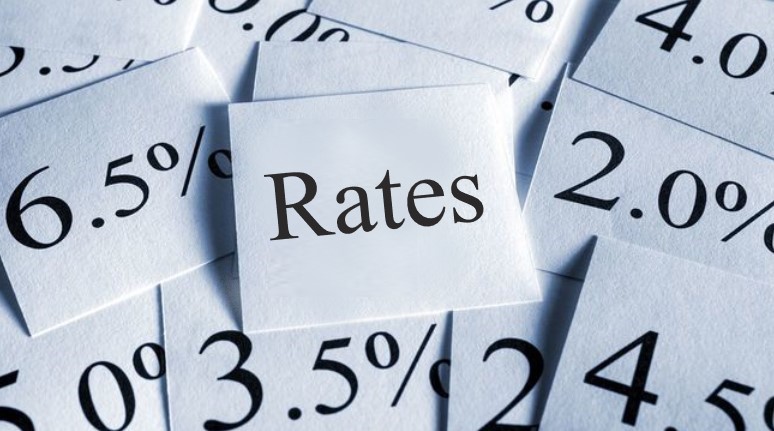Bank of Canada cuts by a further 25 basis points
The Bank of Canada is stuck between a rock and a hard place at the moment. Our economy is facing real headwinds from south of the border. The recent move to lower rates by another 25 basis points is inflationary with regard to shelter costs, no doubts a significant concern to renters and buyers. Nevertheless, the Bank was compelled to move due to restrained consumer and business confidence in the face of tariffs from the United States. The overnight rate now sits at 2.75%. Job growth had also flat-lined in February after making healthy gains through the end of 2024 into January. Also of concern is inflation in combination with diminished economic activity due to uncertainty. An excerpt from the press release below:
While economic growth has come in stronger than expected, the pervasive uncertainty created by continuously changing US tariff threats is restraining consumers’ spending intentions and businesses’ plans to hire and invest. Against this background, and with inflation close to the 2% target, Governing Council decided to reduce the policy rate by a further 25 basis points.
Monetary policy cannot offset the impacts of a trade war. What it can and must do is ensure that higher prices do not lead to ongoing inflation. Governing Council will be carefully assessing the timing and strength of both the downward pressures on inflation from a weaker economy and the upward pressures on inflation from higher costs. The Council will also be closely monitoring inflation expectations. The Bank is committed to maintaining price stability for Canadians.

The lowest available April 2025 rates are:
1-year fixed insured 4.79%
2-year fixed insured 3.94%
3-year fixed insured 3.74%
4-year fixed insured 4.19%
5-year fixed insured 3.64%
3-year variable insured 4.15%
5-year variable insured 3.89%
Is the mortgage stress test still a thing in 2025? Yes it is, and with the higher rates we’ve seen, it’s even harder to qualify for a mortgage. The rules require you to qualify at either 2% above the rate your lender is offering you or 5.25%, whichever is higher.
Being forced to qualify at the higher stress test rate causes the principal portion of your monthly mortgage payment to shrink, lowering the maximum amount you’ll be allowed to borrow for your mortgage. But the rate you’ll actually pay once you buy is the rate you are offered by your lender. Your monthly payments will be calculated from this lower rate, not the stress test rate. As a result your monthly mortgage bill will be smaller too.
The stress test has been quite unpopular so the federal government has rolled out several new changes to make it easier to buy a home. They are now offering a first time buyer’s credit of $5000, and an increase in withdrawals from your RRSP to $35,000.
In addition existing borrowers are no longer required to re-qualify at the stress test rate when they renew or refinance their mortgages. This will allow borrowers some flexibility if they want to choose a different lender as they are no longer under the pressure of qualifying at an additional two percentage points.
If you’re looking for mortgage info or help please reach out.






